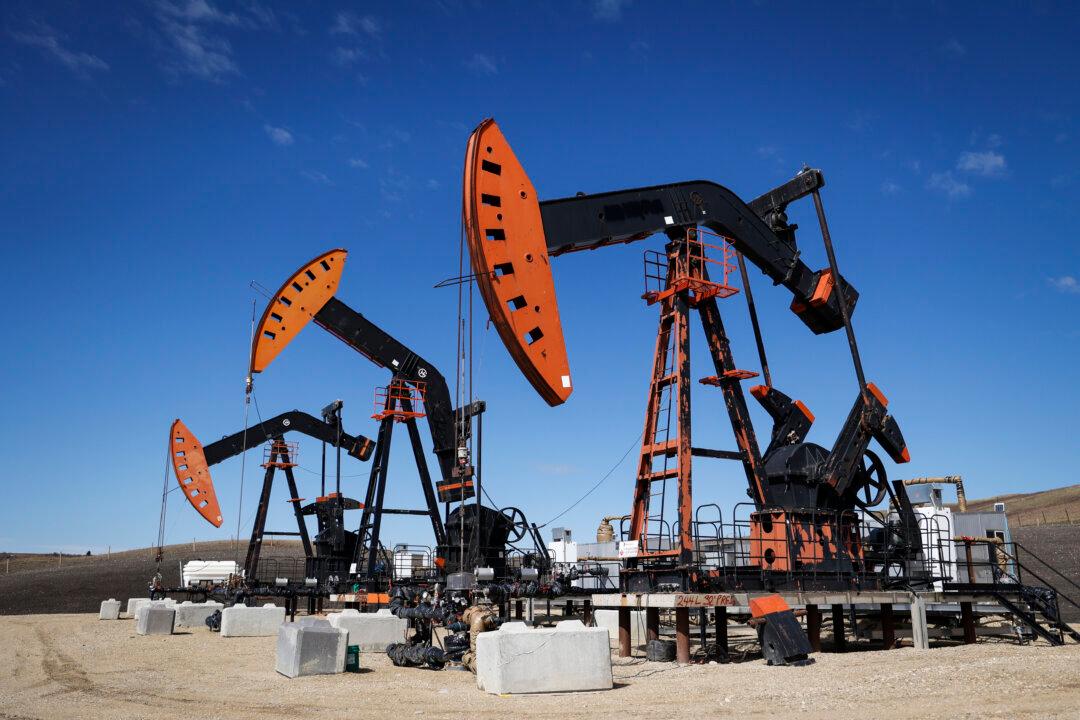Commentary
When the Canadian Energy Centre (CEC) was created in 2019 by the government of Alberta, it was an organization ostensibly designed to counter misinformation on the province’s energy sector. Unofficially dubbed the “War Room,” the CEC was expected to be pugnacious and swift in countering perceived attacks against Alberta’s oil and gas sector.





